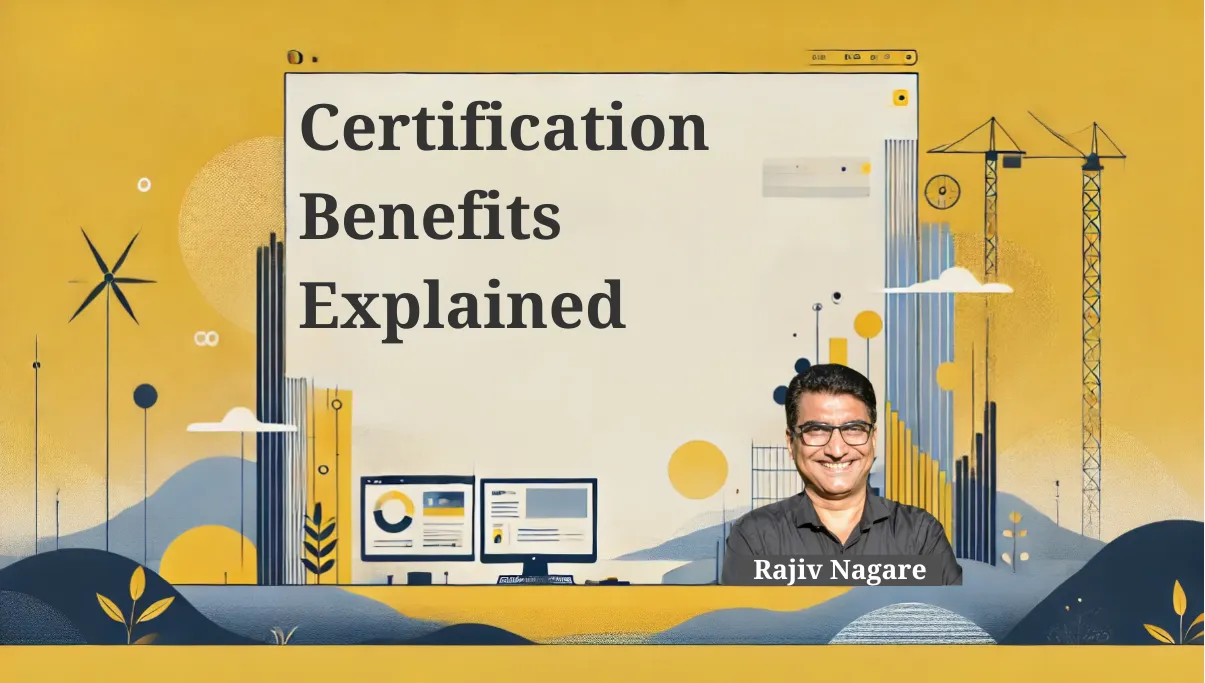What Are the Job Prospects and Salary Potential After Completing an Online Degree in India?
Online education is growing rapidly in India, providing opportunities for students who seek flexibility without compromising on quality. With advances in technology and the availability of Top Graded UGC Recognized Indian Universities offering online degrees, many young professionals are wondering about the value of online degrees. In this post, we’ll answer important questions about the job prospects, salary potential, and overall acceptance of online degrees in India, particularly in sectors like IT, services, BFSI, supply chain, logistics, and manufacturing.

1. Does an Online Degree Have Value in India?
Online degrees from Top Graded UGC Recognized Indian Universities hold significant value in India today, thanks to the endorsement and recognition by regulatory bodies. Several factors contribute to the growing acceptance of online degrees in India:
Accreditation and UGC Approval: Only degrees from UGC-recognized institutions are valid for employment in India, ensuring a level of trust and quality in online education. With many reputed universities offering online courses, students can be assured that their degrees meet national standards.
Reputation of Institutions: Universities that are well-regarded in traditional education have also built strong online programs. These institutions often bring the same faculty, curriculum, and standards to their online courses, increasing the credibility of their online degrees.
Skill-Oriented Learning: Online programs often include skill-oriented specializations with UG or PG courses tailored to current industry needs. This focus on skills through specializations can make an online graduate more competitive and attractive to employers looking for specific expertise in areas such as digital marketing, data analysis, cloud computing, finance, BFSI, and more.
Global Perspective and Soft Skills: Online degrees often expose students to a broader network and international perspectives. In the IT, BFSI, and services sectors, employers value the adaptability, communication skills, and discipline that online learners develop.
With the increasing value placed on skills and knowledge, online degrees are becoming a credible option for Indian students looking to advance their careers, earn promotions, and explore better opportunities.
2. Can I Get a Job After an Online Degree?
Yes, absolutely! Many young professionals are landing jobs and progressing in their careers with online degrees. Here’s how an online degree can open up job opportunities in India:
Industry-Accepted Curriculum: Most online degree programs now focus on industry-relevant skills. In IT and BFSI sectors, for example, online degrees can cover essential skills like cybersecurity, data science, and business analytics, which are in high demand. This relevance gives online graduates a competitive edge.
In-Demand Skills Over Formality: Companies today prioritize skills and problem-solving abilities. With the shift to digitalization, employers look for candidates who can demonstrate practical knowledge, even more than traditional degrees in some cases.
Internship and Project Experience: Many online programs now integrate internship and project-based learning, where students gain hands-on experience. Internships can be remote, allowing students to apply their knowledge in real-world settings. Many employers value this experience, which can be as impactful as any full-time degree-based job.
Networking Opportunities: Online education often includes forums, webinars, and group projects that allow students to connect with peers, faculty, and industry experts. This networking can lead to job referrals, helping young professionals access the hidden job market, which aligns with the Fortune CareerZilla mission.
3. Is an Online Degree Valid for Jobs?
The validity of an online degree for jobs depends on several factors, including the institution's recognition, the field of study, and the type of job being pursued. Here’s why an online degree is valid and how it fits different professional scenarios:
UGC Recognition: As long as the online degree is from a UGC-approved university, it is recognized as valid for government jobs and most private sector jobs. This is especially true for degrees in fields like BBA, MBA, BCA, MCA, BA, MA, BCOM, and MCOM, which Top Graded UGC Recognized Indian Universities offer online.
Corporate Acceptance: Many multinational and Indian companies now accept online degrees for various roles, in sectors like IT, BFSI, Manufacturing, and services. Practical knowledge and relevant skills are prioritized over the degree format. For example, companies in IT services may look for software skills over in-person degrees, as long as the candidate has the required certifications or project experience.
Government Jobs: For most government jobs, as long as the degree is from a UGC-recognized institution, it holds equal value, whether obtained online or offline. However, some roles might have specific requirements, so students should check the eligibility criteria for government positions.
Promotion and Career Growth: For young professionals already working, an online degree can be a pathway to promotion and higher salary potential. By upgrading qualifications through online education, they signal their commitment to learning and career growth, a trait valued by employers across sectors.
In summary, as long as students pursue online degrees from credible universities, they will find these degrees valid for many career paths in India.
4. Do Companies Accept Online Degrees in India?
Yes, many companies in India are now accepting online degrees, especially in industries such as IT, BFSI, and services. Here’s why online degrees are gaining corporate acceptance:
Industry Recognition of Online Learning: With the rise of online courses from reputed institutions, employers now recognize that online learning can deliver the same value as traditional in-person degrees. The IT sector, in particular, has a high demand for skilled professionals, and companies are more open to hiring candidates with online degrees if they demonstrate strong technical skills.
Focus on Practical Skills: Online degrees often incorporate skill-building components that directly apply to the job market. Employers are noticing that online graduates are well-versed in critical areas such as digital marketing, data science, programming, and management. These skills matter to hiring managers, and students with strong online education are often competitive for entry-level roles.
Acceptance by Top Companies: Leading companies like TCS, Infosys, and Wipro have started recruiting graduates from online degree programs for certain positions. Online graduates from Top Graded UGC Recognized Indian Universities with expertise in specialized areas like AI, ML, data science, and cloud computing find roles in these companies.
Professional Development and Certifications: Many online degree programs also offer additional certifications, which enhance the profile of online graduates. Employers value candidates who continually improve and upskill through recognized programs. Such continuous learning is often more achievable in the flexible online learning environment than in traditional setups.
Company-Sponsored Upskilling: Some companies even sponsor online education for their employees, recognizing it as a valid form of professional development. For instance, in fields like finance and supply chain management, companies encourage their employees to pursue online MBAs or data analytics courses, knowing these qualifications will add value to their teams.
The Fortune CareerZilla approach of continuous skill upgrading aligns perfectly with the acceptance of online degrees, especially as students enhance their skills in line with industry trends.
With the increasing value of online education in India, young professionals have promising career prospects and salary potential after completing an online degree. An online degree is now considered valid for jobs, provided it is from a Top Graded UGC Recognized Indian University. Sectors like IT, BFSI, and services are opening their doors to online graduates who bring valuable skills to the table, and government roles are also accepting these credentials.
By completing an online degree, students can enhance their self-awareness, acquire new skills, and become competitive in the job market—key steps to overcoming career stagnation and achieving long-term success. If you’re ready to explore your career potential with an online degree, don’t hesitate to start building the skills and qualifications that will set you apart.
Comment below with your thoughts, and let's start a conversation















